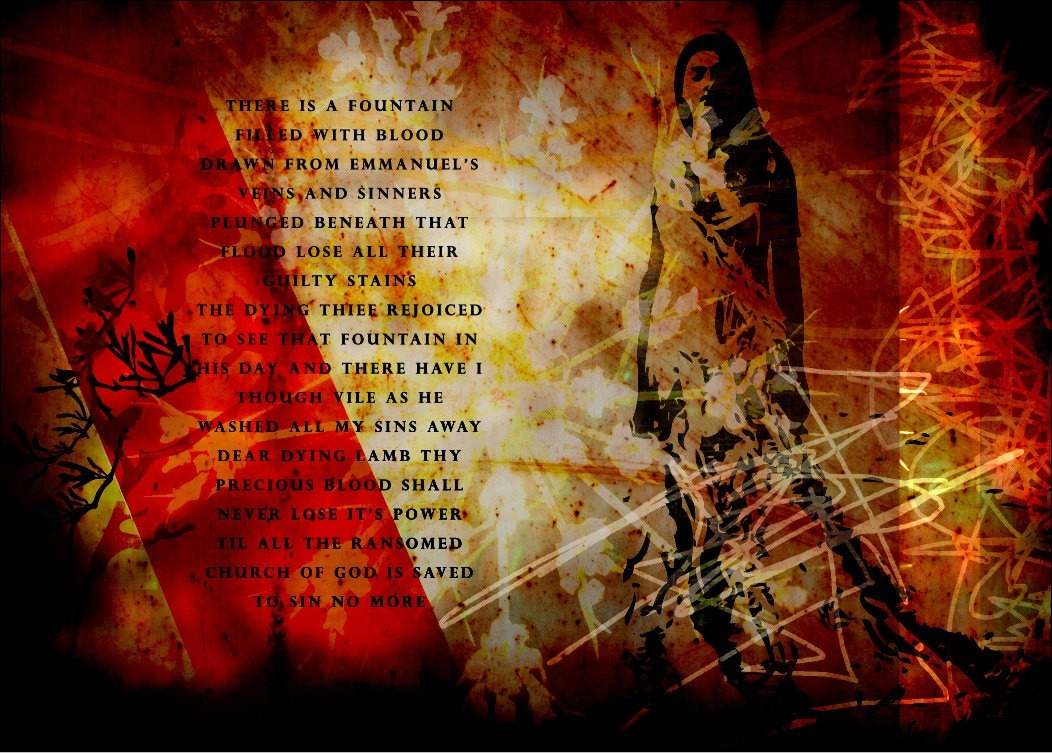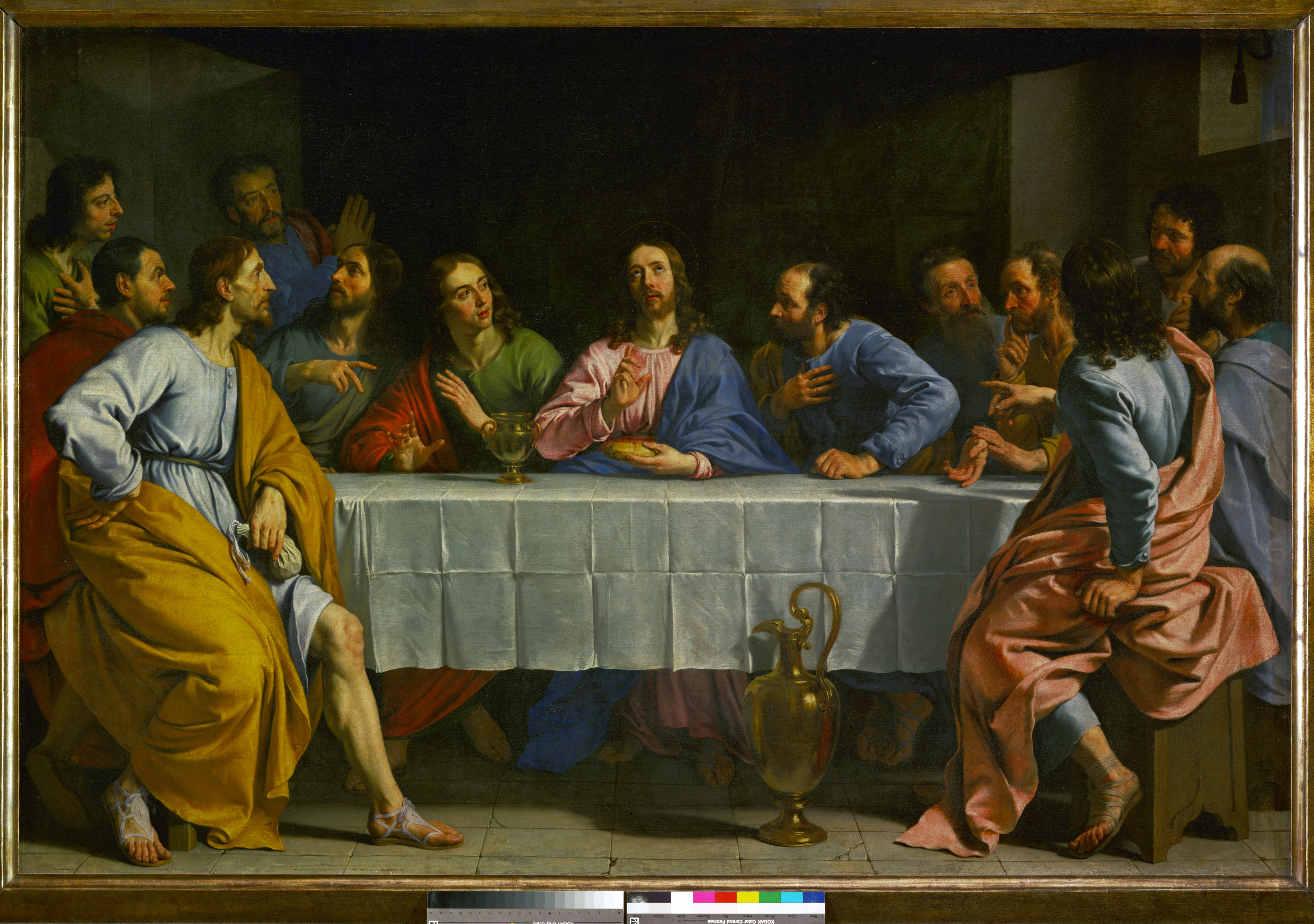
Is the Story Scriptural or Not?
So when they continued asking him, he lifted up himself, and said unto them, He that is without sin among you, let him first cast a stone at her.
John 8:8 (NKJV)
This Sunday, the Gospel reading in the Roman Catholic Lectionary will be the famous story of “The Woman Caught in Adultery” (John 8:1-11). Some scholars and a few pastors, both liberal and conservative, have questioned the veracity of this unique and beautiful story of God’s mercy and love. This blog post is my feeble attempt at defending the historical truthfulness and canonical faithfulness of this encounter between Jesus and the woman caught in adultery.
You will notice in your modern translations that brackets have been placed around the text with some type of footnote. The note explains that early Greek manuscripts of the Gospel of John do not contain this story and that this narrative when found is placed in different sections of the Gospel. The note seems to cast doubt on the reliability of “The Woman Caught in Adultery Story” causing many readers confusion.
To add to the confusion even some Bible-believing pastors have stopped preaching this famous story of testing, hypocrisy, and forgiveness. In another state, a pastor was teaching through the Gospel of John, as he worked through the text, the pastor came to the “Woman Caught in Adultery†story found in 7:53-8:11. He wrote in the church newsletter that this famous story was not reliable and should not be considered inspired of the Holy Spirit: “Why are we skipping over this passage? Simply put, because it is my suspicion, based on the evidence given by numerous textual scholars, that this story is not part of the inspired canon of Scripture.†Therefore, the pastor concluded that he would not be teaching this famous story. To say the least, the pastor’s decision caused no small stir within that congregation.
Below, I list several reasons for the continued inclusion of the “Woman Caught in Adultery†story (John 7:52-8:11) in the canon of Scripture. Consequently, the story should be understood as inspired by the Holy Spirit and worthy of being taught to the Christian faithful.
1. Church Tradition: The Church has accepted the woman caught in adultery story for two thousand years, why stop teaching the passages now? “Throughout the history of the church, it has been held that, whoever wrote it, this little story is authentic.” [Leon Morris, The Gospel According to John, Revised, NICNT (Grand Rapids, MI: Eerdmans, 1995), 779]. The story resonates with the spirit and attitude of the Ancient Church toward those who have fallen and need Christ’s mercy and grace.
2. Attestation: Contrary to this pastor’s newsletter article, writings during the Patristic period do refer to this story: Papias (Eusebius, HE 3.29.17), Apostolic Constitution (2.24), and Didymus the Blind. The woman caught in adultery story is not cited in the writings of the Greek fathers, but in the West, Ambrose (397), Ambrosiaster (350) and Augustine (430) refer to the pericope, or story-unit, in their sermons and commentaries. Jerome found the text in early Greek codices and thus translated the story into the Latin Vulgate (fourth century).
Also, during the fourth century, the woman caught in adultery story was accepted into the Sunday lectionary of the Greek East.
“It is plain enough that this passage was unknown anciently to the Greek Churches; and some conjecture that it has been brought from some other place and inserted here. But as it has always been received by the Latin Churches, and is found in many old Greek manuscripts, and contains nothing unworthy of an Apostolic Spirit, there is no reason why we should refuse to apply it to our advantage.â€
[John Calvin, Commentary on the Gospel According to John, 284.]
3. Reliability: The text may not be the actual writing of the Apostle John, but the story does reflect the writing style of Matthew, Mark and Luke. Many scholars acknowledge that adultery story does not belong at the end of chapter seven, but the passages do reflect the concerns, attitude, and teaching of Jesus.
“On one hand it seems clear that the weight of evidence mitigates against the originality of the story. That is, this brief account is probably not original to the Fourth Gospel. On the other hand, the story has every suggestion of historical veracity, suggesting that it was indeed an event that occurred in the life of Jesus and was a story worthy of collection and recitation.â€
[Gary M. Burge, The NIV Application Commentary: John (Grand Rapids, MI: Zondervan, 2000), 238].
4. Complexity: “Although this narrative is included in the sequence of the outline, it can hardly have belonged to the original text of this Gospel. It is absent from most of the oldest copies of the Gospel that precede the sixth century and from the works of the earliest commentators. To say that it does not belong in the Gospel is not identical with rejecting it as unhistorical. Its coherence and spirit show that it was preserved from a very early time, and it accords well with the known character of Jesus. It may be accepted as historical truth; but based on the information we now have, it was probably not a part of the original text.â€
[Merrill Tenney, John, Expositor’s Bible Commentary [CD-Rom] (Grand Rapids, MI: Zondervan, 1984).]
Even though a problem exists with the manuscript history of the story of the woman caught in adultery, that complex history is not enough to deny its truthfulness.
Conclusion: Regardless of whether the Apostle John wrote this story or an editor added it later, there is every reason to believe that the story was an actual event in the life of Jesus. No suspect doctrine is present in this text, and the story is certainly represents the manner in which Jesus dealt with Pharisees and sinners.








